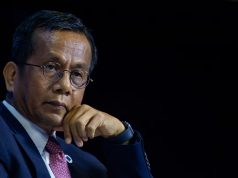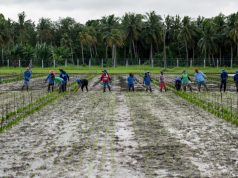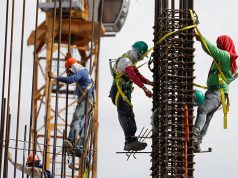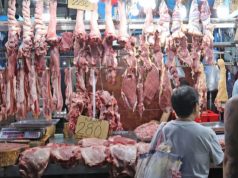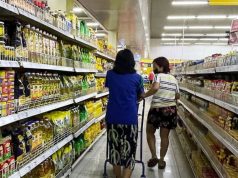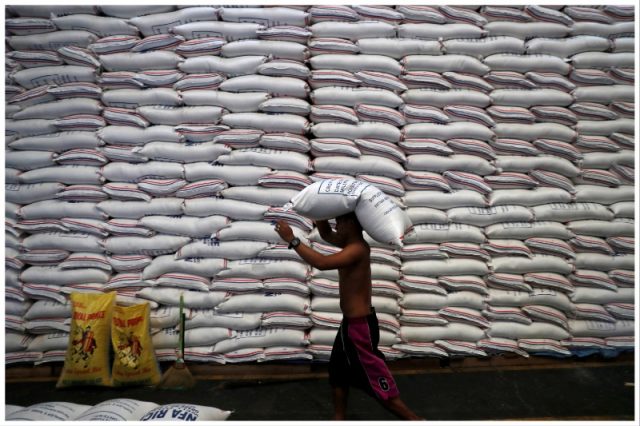
DUBAI — The Philippines’ finance minister on Tuesday expressed optimism that President Ferdinand Marcos Jr will approve a proposal to cut tariffs on imported rice, and that the measure could be implemented as soon as next month.
The finance and economic planning departments are proposing a tariff reduction to between zero and 10%, from the current 35% level, for rice imports as the government seeks to ease pressure on inflation. The country is one of the world’s biggest buyers of the grain.
Retail prices of rice further climbed in August, pushing up Philippine inflation, which accelerated for the first time in seven months to 5.3% year-on-year.
Asked if he thinks the tariff cut proposal will be approved, Finance Secretary Benjamin Diokno said: “I think so.”
Diokno was speaking to Reuters in an interview in Dubai, where he together with other Philippine economic officials held a briefing on the country’s economic growth prospects.
The briefing, organized by a group of local and global banks including HSBC, was part of the Philippine delegation’s broader aim to gauge investor interest from the United Arab Emirates in infrastructure and other opportunities in the Southeast Asian nation.
According to Diokno, Marcos can cut tariffs only when Congress, which is scheduled to adjourn by the end of this month, is not in session.
“I think in a week or two Congress will be out of session so that will be the perfect time (to cut tariffs),” he said.
Economic Planning Secretary Arsenio Balisacan, during the briefing, said inflation was the government’s “most immediate concern”, and efforts were being undertaken to bring it down.
The Philippine economy grew 4.3% in the second quarter from a year earlier, its slowest expansion pace in nearly 12 years, as high inflation and interest rates hurt consumer demand. That brought first-half growth to 5.3%, below the government’s 6.0%-7.0% target for the year.
Balisacan, however, said the government remained confident of hitting “at least the lower point of that range”.
— Reporting by Rachna Uppal and Hadeel Al Sayegh; writing by Enrico Dela Cruz; editing by Susan Fenton




